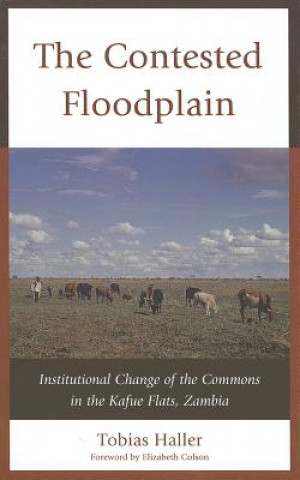
Kód: 04669380
Contested Floodplain
Autor Tobias Haller
The Contested Floodplain tells the story of institutional changes in the management of common pool resources (pasture, wildlife, and fisheries) among Ila and Balundwe agro-pastoralists and Batwa fishermen in the Kafue Flats, in so ... celý popis
- Jazyk:
 Angličtina
Angličtina - Vazba: Pevná
- Počet stran: 576
Nakladatelství: Lexington Books, 2012
- Více informací o knize

Mohlo by se vám také líbit
-
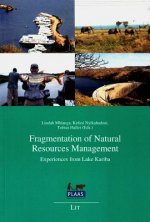
Fragmentation of Natural Resources Management
770 Kč -

When Blood and Bones Cry Out
1456 Kč -

Jane Foster: The Saga Of The Mighty Thor
1041 Kč -

Shigley's Mechanical Engineering Design, 11th Edition, Si Units
1906 Kč -

Queen of the Moon Oracle
518 Kč -

Sleigh Rides and Silver Bells at the Christmas Fair
282 Kč -

The Bucket List
677 Kč -
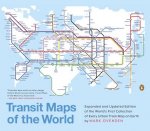
Transit Maps of the World
722 Kč -

Conrad & Eleanor
431 Kč -

Getting Things Done
401 Kč -

Churches and Castles of Medi Val France .
736 Kč -
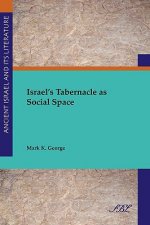
Israel's Tabernacle as Social Space
868 Kč -

Reading Puzzle: Phonics, Grades K-3
601 Kč -

Super Structures
1151 Kč -

Thorfinn the Mighty
606 Kč -
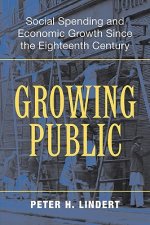
Growing Public: Volume 1, The Story
1740 Kč -

Eat Beautiful
741 Kč -

Between Faith and Doubt
1665 Kč -

Lord Byron
252 Kč -
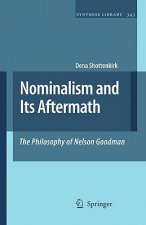
Nominalism and Its Aftermath: The Philosophy of Nelson Goodman
3289 Kč -
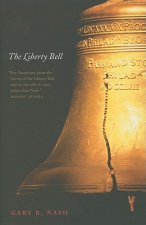
Liberty Bell
1130 Kč -
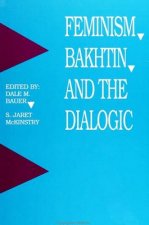
Feminism, Bakhtin and the Dialogic
3243 Kč -

Time Stories - The Marcy Case (Spiel-Zubehör)
546 Kč -

Forensische Psychiatrie in Brandenburg
681 Kč -

UEbersiedlung alter, pflegebedurftiger Menschen in das Pflegeheim. Angehoerige integrieren, foerdern und fordern
1184 Kč -

PONS Bildwörterbuch Englisch
333 Kč -
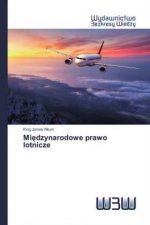
Międzynarodowe prawo lotnicze
2204 Kč -

Dna żywienia dlaczego twoje geny kochają tradycyjne pożywienie cztery fundamenty naturalnego jadłospisu
416 Kč
Darujte tuto knihu ještě dnes
- Objednejte knihu a zvolte Zaslat jako dárek.
- Obratem obdržíte darovací poukaz na knihu, který můžete ihned předat obdarovanému.
- Knihu zašleme na adresu obdarovaného, o nic se nestaráte.
Více informací o knize Contested Floodplain
Nákupem získáte 591 bodů
 Anotace knihy
Anotace knihy
The Contested Floodplain tells the story of institutional changes in the management of common pool resources (pasture, wildlife, and fisheries) among Ila and Balundwe agro-pastoralists and Batwa fishermen in the Kafue Flats, in southern Zambia. It explains how and why a once rich floodplain area, managed under local common property regimes, becomes a poor man's place and a degraded resource area. Based on social anthropological field research, the book explains how well working institutions in the past, regulating communal access to resources, have turned into state property and open access or privatization. As a basis for analysis, the author uses Elinor Ostrom's design principles for well working institutions and the approach of the New Institutionalism by Jean Ensminger. The latter approach focuses on external factors and change in relative prices. It explains how local actors face changing bargaining power and use different ideologies to legitimize and shape resource use regulations. The study focuses on the historic developments taking place since pre-colonial and colonial times up to today. Haller shows how the commons had been well regulated by local institutions in the past, often embedded in religious belief systems. He then explains the transformation from common property to state property since colonial times. When the state is unable to provide well functioning institutions due to a lack in financial income, it contributes to de facto open access and degradation of the commons. The Zambian copper-based economy has faced crisis since 1975, and many Zambians have to look for economic alternatives and find ways to profit from the lack of state control (a paradox of the present-absent state). And while the state is absent, external actors use the ideology of citizenship to justify free use of resources during conflicts with local people. Also within Zambian communities, floodplain resources are highly contested, which is illustrated through conflicts over a proposed irrigation scheme in the area. The different actors and interest groups use ideologies such as citizenship vs. being indigenous, ethnic identity vs. class conflict, and modernity vs traditional way of life to legitimize land claims.
 Parametry knihy
Parametry knihy
Zařazení knihy Knihy v angličtině Earth sciences, geography, environment, planning Geography Physical geography & topography
5912 Kč
- Plný název: Contested Floodplain
- Podnázev: Institutional Change of the Commons in the Kafue Flats, Zambia
- Autor: Tobias Haller
- Jazyk:
 Angličtina
Angličtina - Vazba: Pevná
- Počet stran: 576
- EAN: 9780739169568
- ISBN: 0739169564
- ID: 04669380
- Nakladatelství: Lexington Books
- Hmotnost: 938 g
- Rozměry: 160 × 237 × 40 mm
- Datum vydání: 27. December 2012
Oblíbené z jiného soudku
-

Antarctica
1495 Kč -
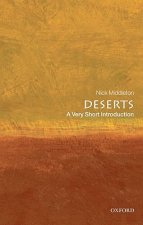
Deserts: A Very Short Introduction
273 Kč -

Berge
2887 Kč -

Life of Jose Maria Sobral
798 Kč -

Great Trees of Britain and Ireland
677 Kč -

Forests: A Very Short Introduction
249 Kč -
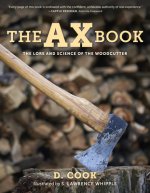
Ax Book
553 Kč -
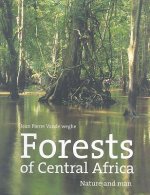
Forests of Central Africa
2260 Kč -

Introducing Physical Geography, Sixth Edition
5359 Kč -
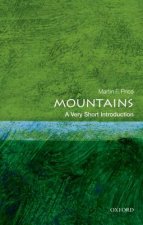
Mountains: A Very Short Introduction
249 Kč -

Notebooks from New Guinea
403 Kč -
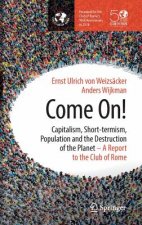
Come On!
885 Kč -
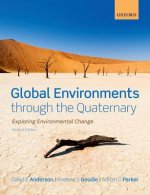
Global Environments through the Quaternary
1926 Kč -

Unseen Extremes
1148 Kč -
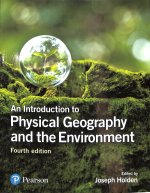
Introduction to Physical Geography and the Environment, An
2246 Kč -

Rainforest
1218 Kč -

Physical Geography
1913 Kč -
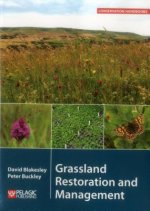
Grassland Restoration and Management
1434 Kč -
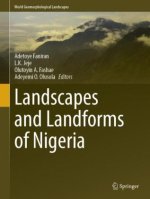
Landscapes and Landforms of Nigeria
5381 Kč -
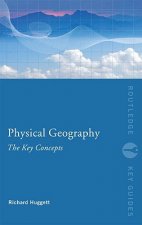
Physical Geography: The Key Concepts
893 Kč -

Wild Light
750 Kč -
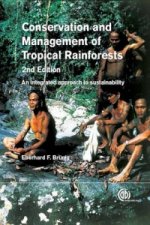
Conservation and Management of Tropical Rainforests
6338 Kč -
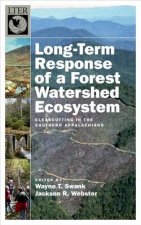
Long-Term Response of a Forest Watershed Ecosystem
2746 Kč -
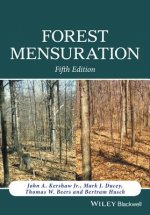
Forest Mensuration 5e
3922 Kč -

Thoreau's Animals
889 Kč -

Higher Calling
312 Kč -
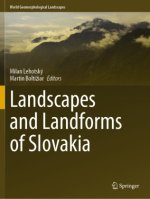
Landscapes and Landforms of Slovakia
4785 Kč -

Ecology of Riparian Forests in Japan
5060 Kč -

Global Casino
5180 Kč -
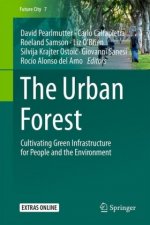
Urban Forest
4488 Kč -
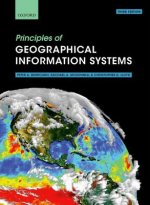
Principles of Geographical Information Systems
3191 Kč -

Nature of the Rainforest
847 Kč -
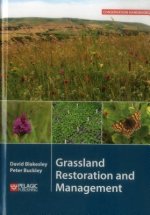
Grassland Restoration and Management
2604 Kč -

Mountain Meteorology
6974 Kč -

Ecosystems Biodiversity
3010 Kč -

Forest Hydrology
4223 Kč -

Soils of Poland
2816 Kč -

Desert Solitaire
964 Kč -

Rainforest
987 Kč -

Wild Sea
918 Kč -
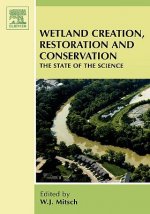
Wetland Creation, Restoration, and Conservation
3552 Kč -

Forest Ecology
3879 Kč -
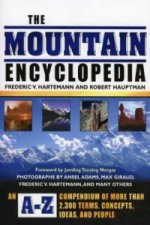
Mountain Encyclopedia
3825 Kč -
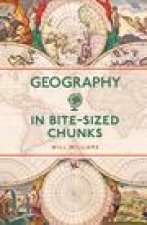
Geography in Bite-sized Chunks
252 Kč -
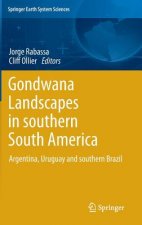
Gondwana Landscapes in southern South America
6536 Kč -

Forests: Ecology, Diversity and Conservation
3779 Kč -

Physical Geography of Mongolia
4852 Kč -
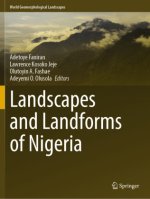
Landscapes and Landforms of Nigeria
5381 Kč -

Everglades
1081 Kč
Osobní odběr Praha, Brno a 12903 dalších
Copyright ©2008-24 nejlevnejsi-knihy.cz Všechna práva vyhrazenaSoukromíCookies



 Vrácení do měsíce
Vrácení do měsíce 571 999 099 (8-15.30h)
571 999 099 (8-15.30h)